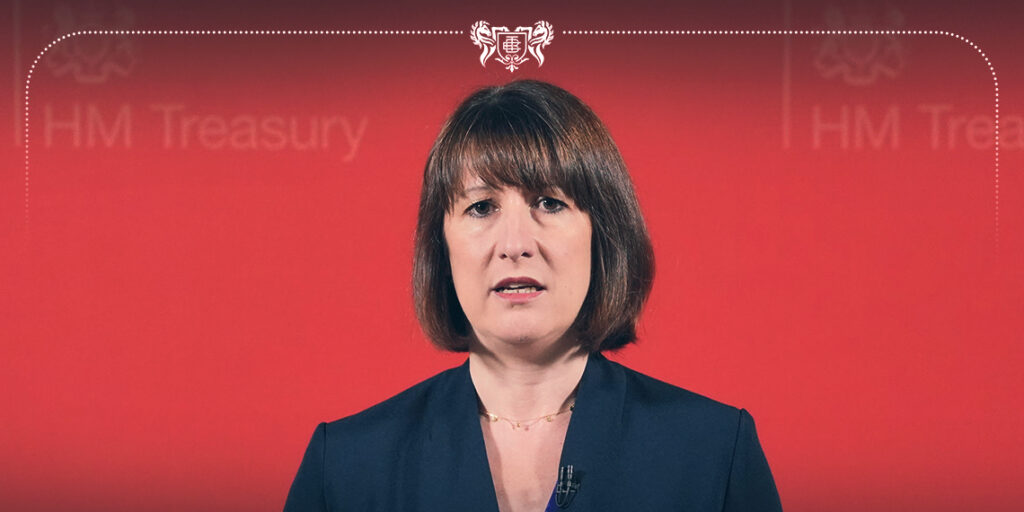Rachel Reeves, the UK Chancellor, has indicated that tax increases will be necessary in the autumn budget to avoid austerity measures.
The budget, set to be revealed on October 30th, will focus on balancing the country’s finances without raising taxes on “working people,” a commitment outlined in Labour’s manifesto, covering income tax, national insurance, and VAT.
However, Reeves noted that the Treasury needs to “look at other taxes to make sure that the sums add up,” aiming to raise up to £40 billion through a combination of tax hikes and spending cuts.
Senior Labour leaders, including Reeves and Prime Minister Keir Starmer, have not ruled out raising employers’ national insurance contributions as part of the upcoming budget.
During an interview with BBC Radio 5’s Matt Chorley, Reeves discussed the fiscal challenges, highlighting a £22 billion shortfall in the public finances this year and unfunded commitments like the company compensation schemes for infected blood victims and Horizon projects.
She criticised the previous government for embedding austerity into future public spending plans, stressing the need to find additional revenue.
Reeves emphasized, “I’ve been clear that taxes on working people, such as income tax, national insurance, and VAT, will not increase.”
She also confirmed that budget negotiations have concluded with all departments, referring to the symbolic tradition where balloons represent settled spending deals in the office of the chief secretary to the Treasury. “The balloons have been burst,” she remarked.
Reports have surfaced about tensions between cabinet ministers and the Treasury over budget allocations, with some ministers, including Deputy PM and Housing Secretary Angela Rayner, Transport Secretary Louise Haigh, and Justice Secretary Shabana Mahmood, reportedly sending letters to the Prime Minister protesting proposed cuts.
Reeves acknowledged these concerns, expressing understanding of the difficulties her colleagues face and noting that it’s “perfectly reasonable” for ministers to present their cases to the Prime Minister and Treasury. She highlighted that these issues cannot simply “be magicked away” and described the process as “constructive.”


